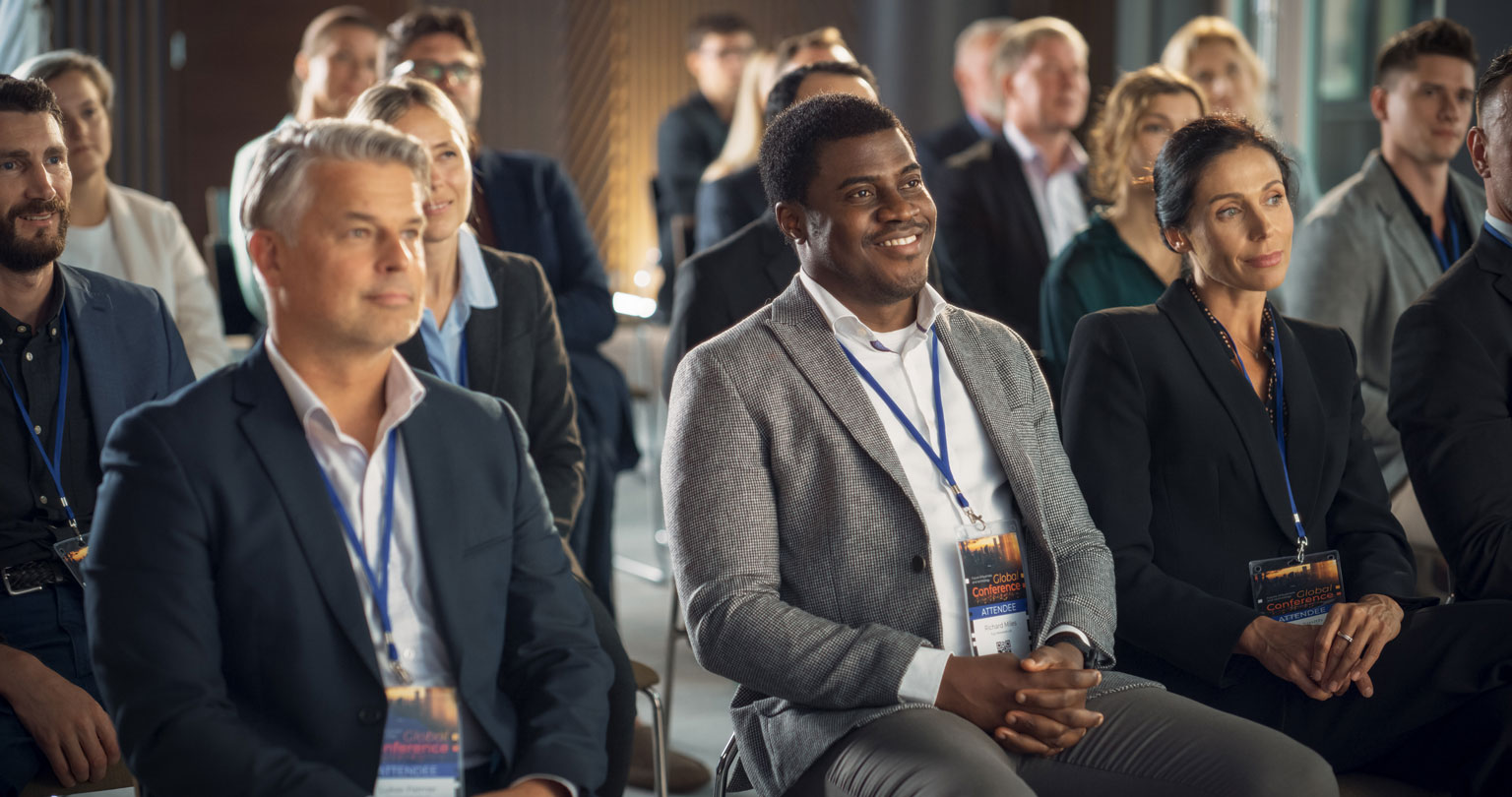I knew we would have an interesting talk at the Bond Solon Expert Witness Conference when I went for a briefing meeting with the Master of the Rolls, The Right Hon, Sir Geoffrey Vos, at his sparse office in the Royal Courts of Justice.
Most judges seem to live in book lined rooms, but his office had a clear desk with a computer and little else. When I tried to pass him a copy of the conference flyer, he refused to touch it saying he doesn’t use paper and would look at the agenda on screen. He is a man with a digital mission and the title of his address was: “How will the digitisation of the justice system and new technologies affect factual and expert evidence?”
He opened his address saying: “I have indeed been radically rethinking the way we deliver civil justice, since I took over as Head of Civil Justice in England and Wales in January this year… I see the civil justice system (including, for these purposes, family and tribunals) as operating like an online funnel. There would be three layers: a first layer comprising a website and associated app which directs any would-be litigant to the appropriate pre-action portal, whether publicly or privately funded. A second layer comprising a whole range of pre-action portals or ombuds processes, and a third layer comprising online court platforms for money claims, damages claims, possession claims, public and private family claims, and employment and immigration tribunals to name but a few. A single data-set is created for every case… The online programmes will suggest to the parties, whether manually or by the use of artificial intelligence out-of-court solutions, so that the parties have multiple opportunities to reach a compromise. Insofar as cases do not respond to attempts at resolution, they would be determined by judges either in remote or face-to-face hearings, but the documentation would be entirely digital.”
He went on to say that none of this was “cloud cuckoo land”. The audience were listening, but no doubt interested in how new technologies will affect the kinds of dispute for which expert evidence will be required, will expert’s reports also need to be provided online and how will this all affect expert evidence?
He said he did not think we should assume that the disputes we see within the court system today will continue to be the kinds of dispute we will see in the future. Most core evidence will be digital and in his expert view, evidence will be required in a different electronic format from how it is given now and it may be more than just answering questions online than writing a traditional medico-legal report. Ultimately, he thought it inevitable that all evidence will be electronic.
He said the “Government is considering numerous initiatives that will reduce the number of contested cases in bulk areas such as personal injury, medical negligence, family and employment disputes. There is an overwhelming case for improving the mediated interventions…” This means that the number of disputes and the kinds of dispute for which expert evidence will be needed is changing. The “radical rethink” of the way we do civil justice will have a significant effect on the foundations of the expert evidence of the past. Just uploading a traditional expert report will not work.
Even Particulars of Claim were not sacrosanct. He said: “The online dispute resolution that is now being put in place will eventually include decision trees so that most cases can be ‘pleaded’ without the need for formal court documents. Instead, the programme will ask questions designed to identify the issue or issues that divide the parties.” He thought that in many simpler cases, logic and decision trees would allow questions to be asked that can avoid the need for complex and lengthy narrative statements and reports. But in a swipe at the audience, he said: “But, in my view, expert opinions in court proceedings have, in general terms, become too lengthy, too costly and too elaborate. There is also a tendency for experts to descend into the arena and argue the facts of the case rather than sticking carefully to the issue on which their expert opinion has been sought.” He thought new technology would lead to more consensual resolutions of disputes far quicker and be less costly and "...would allow lawyers and experts to spend more time concentrating on the difficult cases, where their sophisticated knowledge and experience was truly needed.”
To avoid experts applying for lucrative work as HGV drivers he said: “I hope I have not alarmed you thus far. I do not think alarm is called for. In fact, I think expert witnesses will continue to assist the courts of England and Wales long after these new technologies have become an accepted fact of consumer and business life. There is an old saying: as one door closes, another door opens. As I talk a lot about new technologies, I have been surprised by the number of times I have been asked by lawyers what the future holds for their practices. I think that is (a) the wrong question, and (b) unhelpfully negative. The same very much applies to expert witnesses.”
In essence he anticipates that the court system will become entirely digitised and that anyone imagining otherwise is deluding themselves. He ended saying: “These are exciting times. Lawyers, judges and expert witnesses should be in the vanguard of the changes.” Experts who wanted an autograph needed to have a pen handy as the MR didn't have a pen - that would have meant using paper.
www.expertwitnessjournal.co.uk


